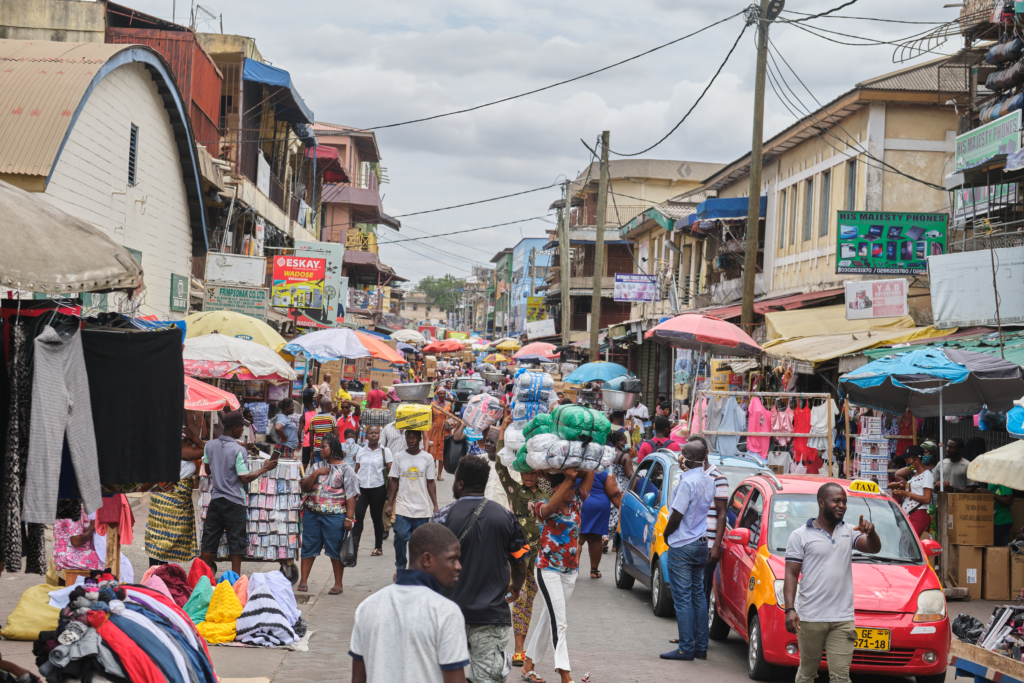




As Ghana approaches its general elections in December 2024, the economic landscape remains a focal point of concern among political candidates and the electorate. Nana Akosua Frimponmaa Sarpong Kumankumah, the presidential candidate for the Convention People's Party (CPP), has raised alarms about the potential collapse of Ghana's 24-hour economy due to government mismanagement. She emphasizes the need for structured collaboration within ministries to foster new ideas and initiatives that can enhance productivity and job creation [56310822].
Kumankumah warns that if the current issues persist, the 24-hour economy, which was promised by former President John Dramani Mahama, could collapse within just 24 hours. This initiative was designed to boost economic activity and employment opportunities across the nation [56310822].
In parallel, Alan Kyerematen, another presidential candidate, has proposed a comprehensive economic strategy aimed at stabilizing the economy and reducing the exchange rate to below 5 cedis against the US dollar. This comes as the current exchange rate hovers around $1 to 17 cedis [21945912]. Kyerematen's Great Transformational Plan (GTP) seeks to address unemployment and corruption through targeted initiatives in agriculture, industrial transformation, and tourism [21945912].
Agribusiness consultant Klutse Kudomor has also called for strategic investments in agriculture and fishing to revitalize Ghana's economy, highlighting the importance of reforms that support women-led industries and improve natural resource management [470d00a2]. He criticizes the One District, One Factory initiative for its poor planning and expresses hope that the National Democratic Congress (NDC) could implement transformative policies if elected [470d00a2].
In a recent analysis, Shamim Lawson emphasizes the critical role of Ghana's youth, who represent over 60% of the population, in driving economic transformation. The World Bank indicates that empowering youth could boost Ghana's GDP by 2-3%. Lawson proposes a policy framework that includes initiatives in Technical and Vocational Education and Training (TVET), digital transformation, and capacity building to lower youth unemployment below 7% [aa538163].
Lawson also highlights the success of Rwanda's Digital Ambassadors Programme, which achieved 85% employment for its participants, suggesting that similar strategies could be implemented in Ghana. The proposed reforms aim to create 50,000 new enterprises in five years and reduce youth unemployment by 15-20% within 36 months [aa538163].
As the elections draw near, the youth's role in shaping the nation's economic future is increasingly critical. Kyerematen's proposed National Economic Management Committee (NEMCo) aims to create jobs and reduce inflation, emphasizing the need for youth engagement in these initiatives [8d1e6e85]. The upcoming U.S. elections are also expected to influence opportunities for Ghanaian youth, particularly regarding immigration policies that could limit their aspirations abroad [8d1e6e85].
With candidates like Kumankumah and Kyerematen addressing pressing economic challenges, and with the youth's empowerment being a central theme, the electorate is keenly observing how these proposed reforms will impact the future of Ghana's economy and the active participation of the youth in governance [56310822][8d1e6e85][470d00a2][aa538163].